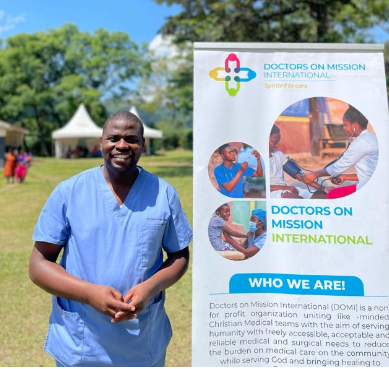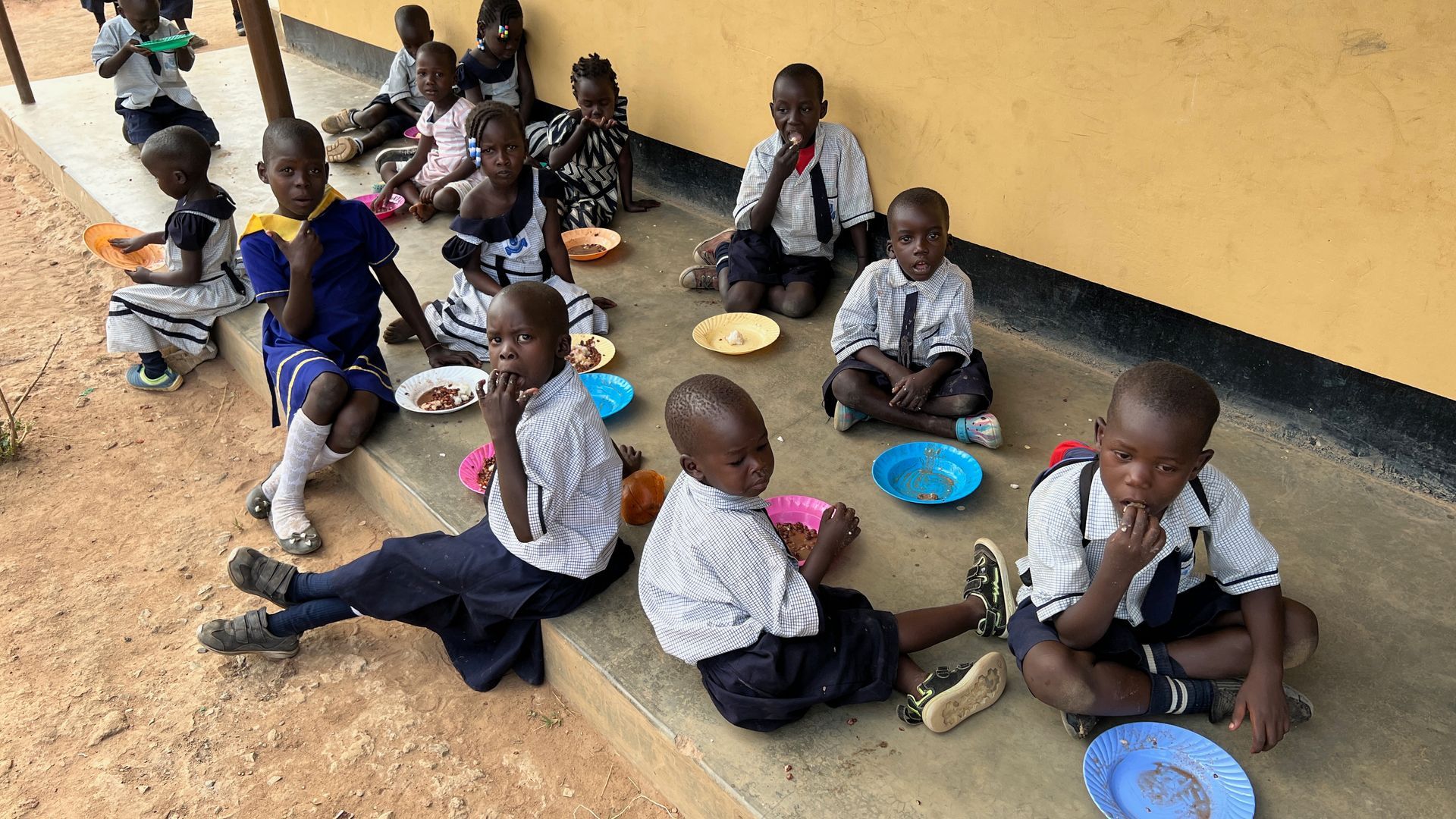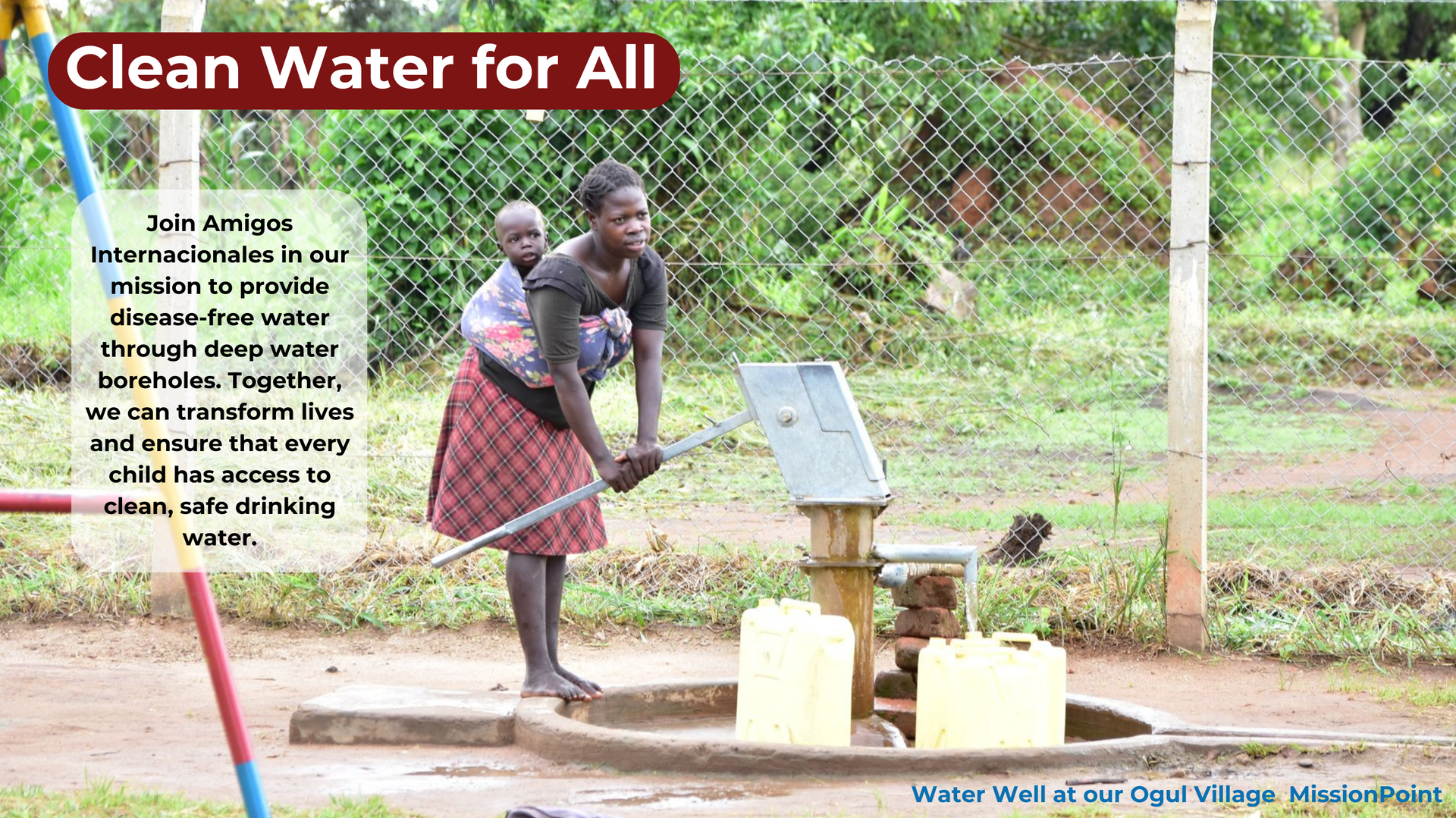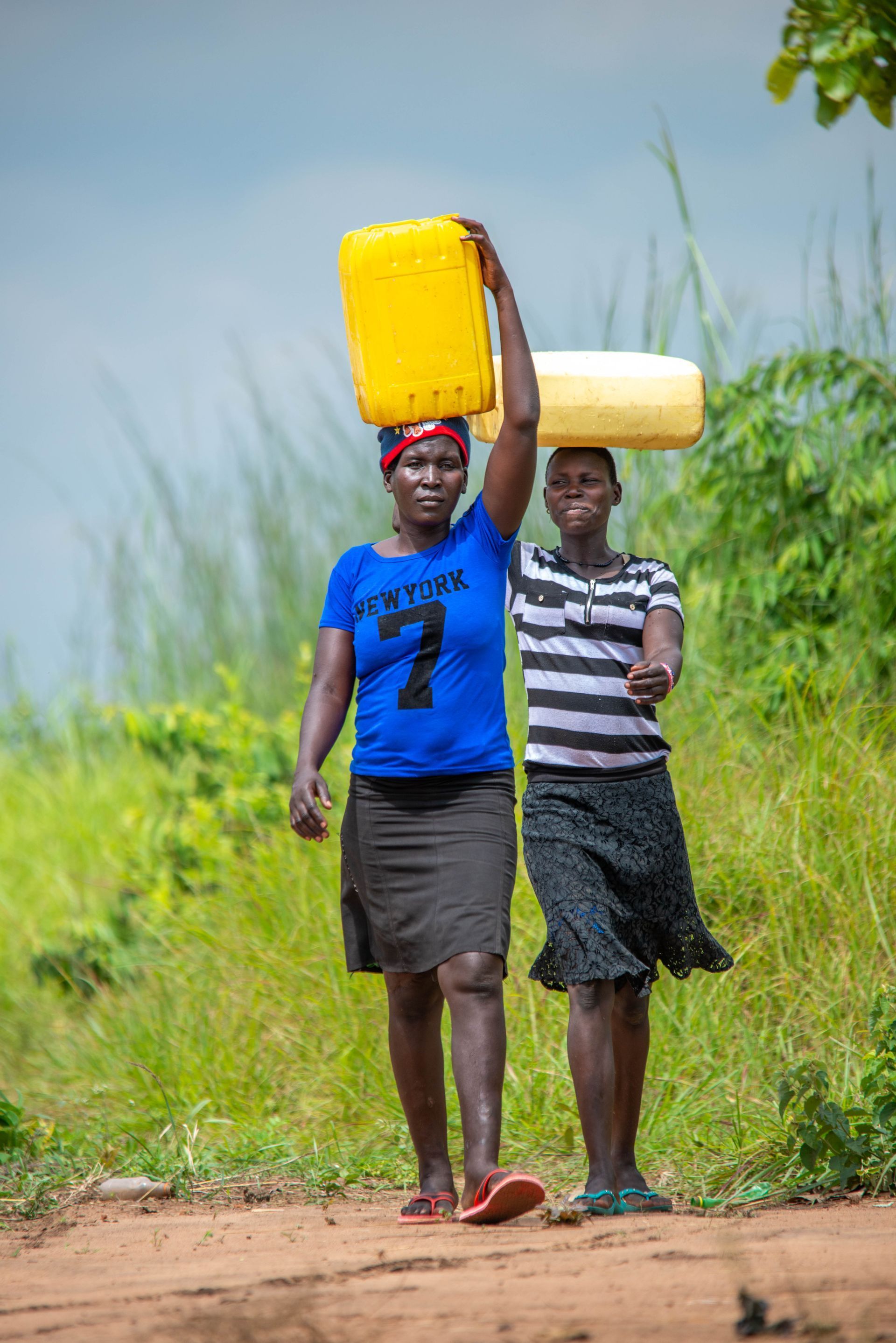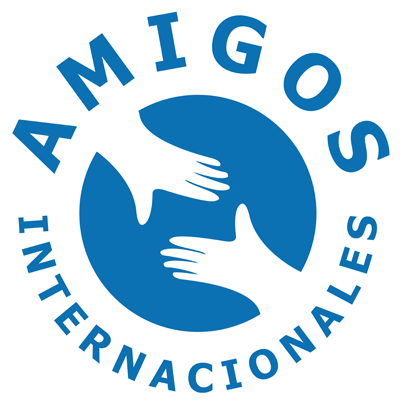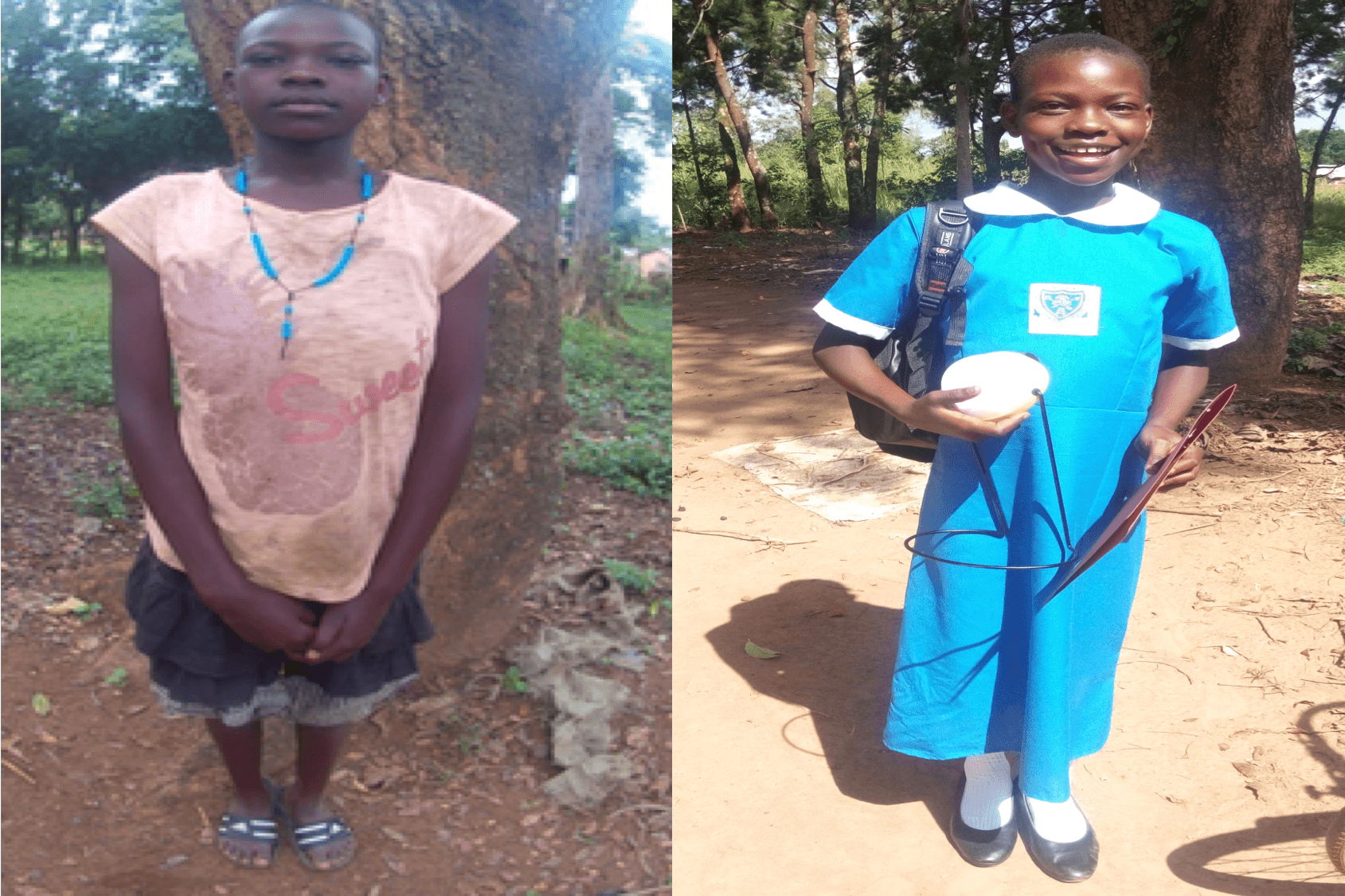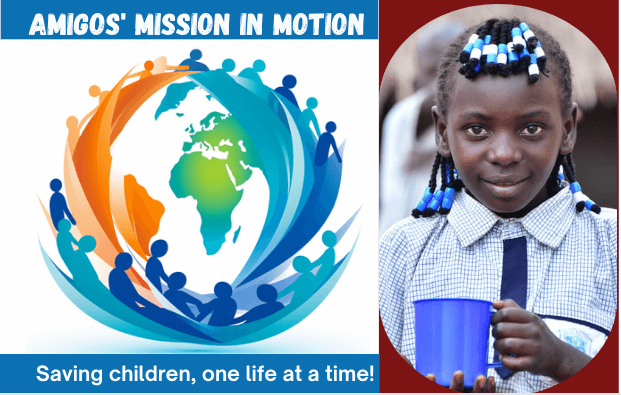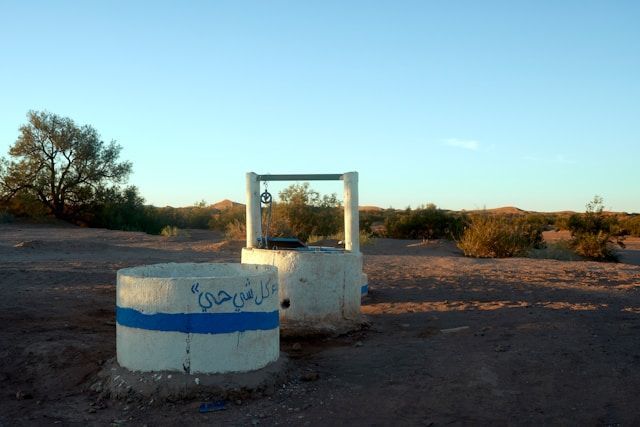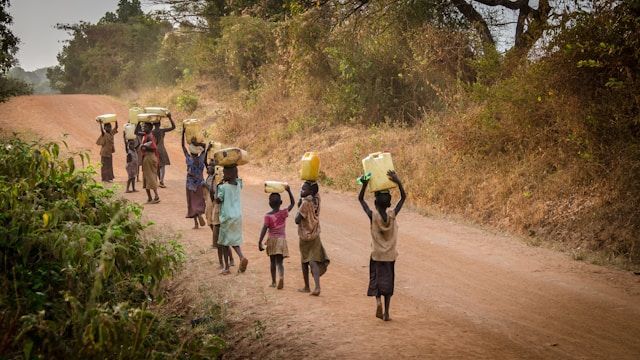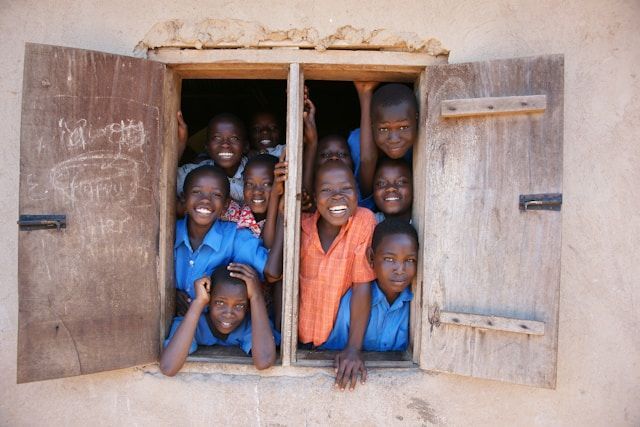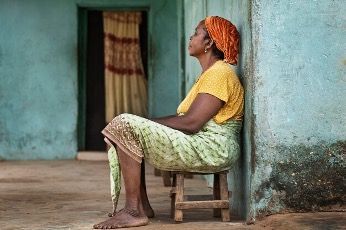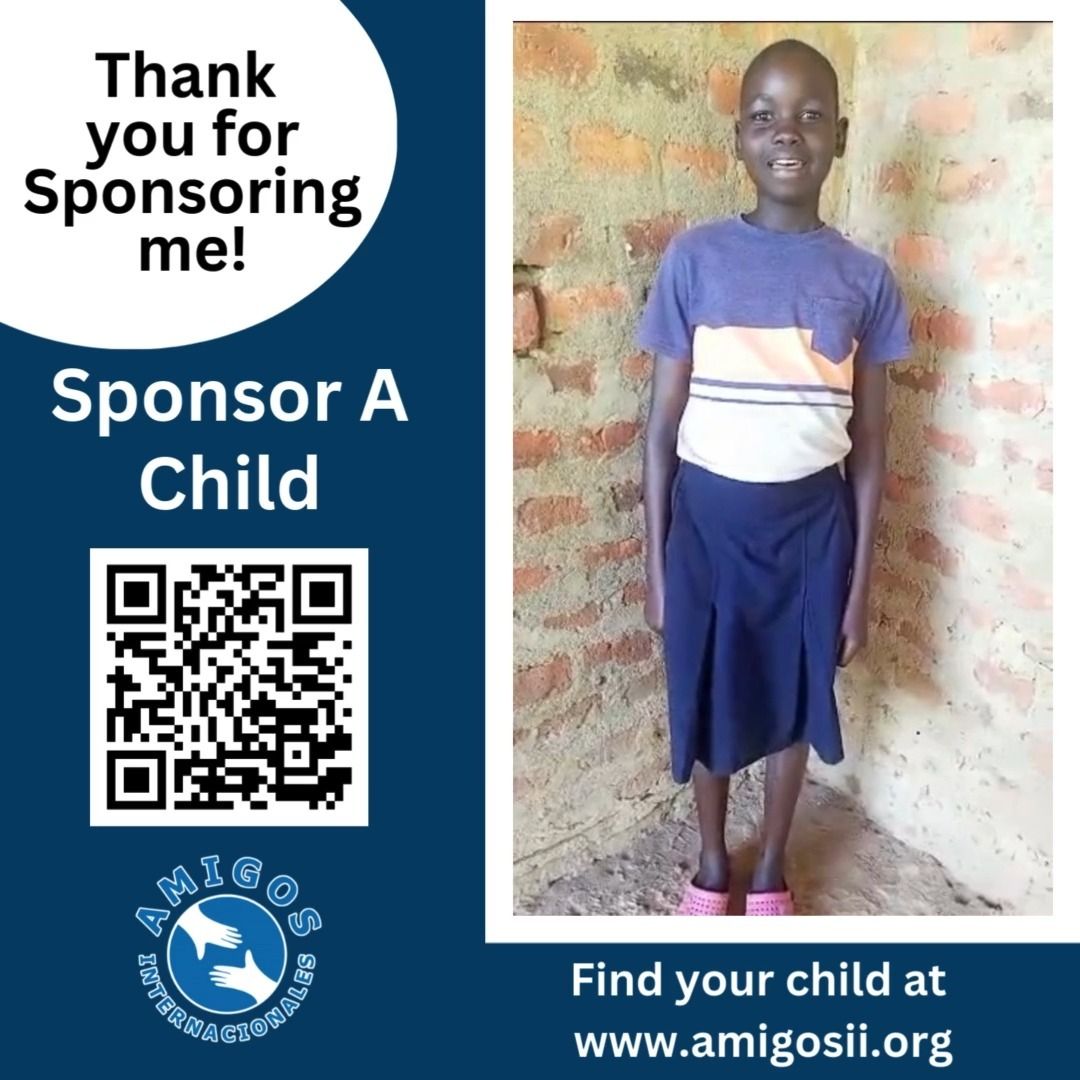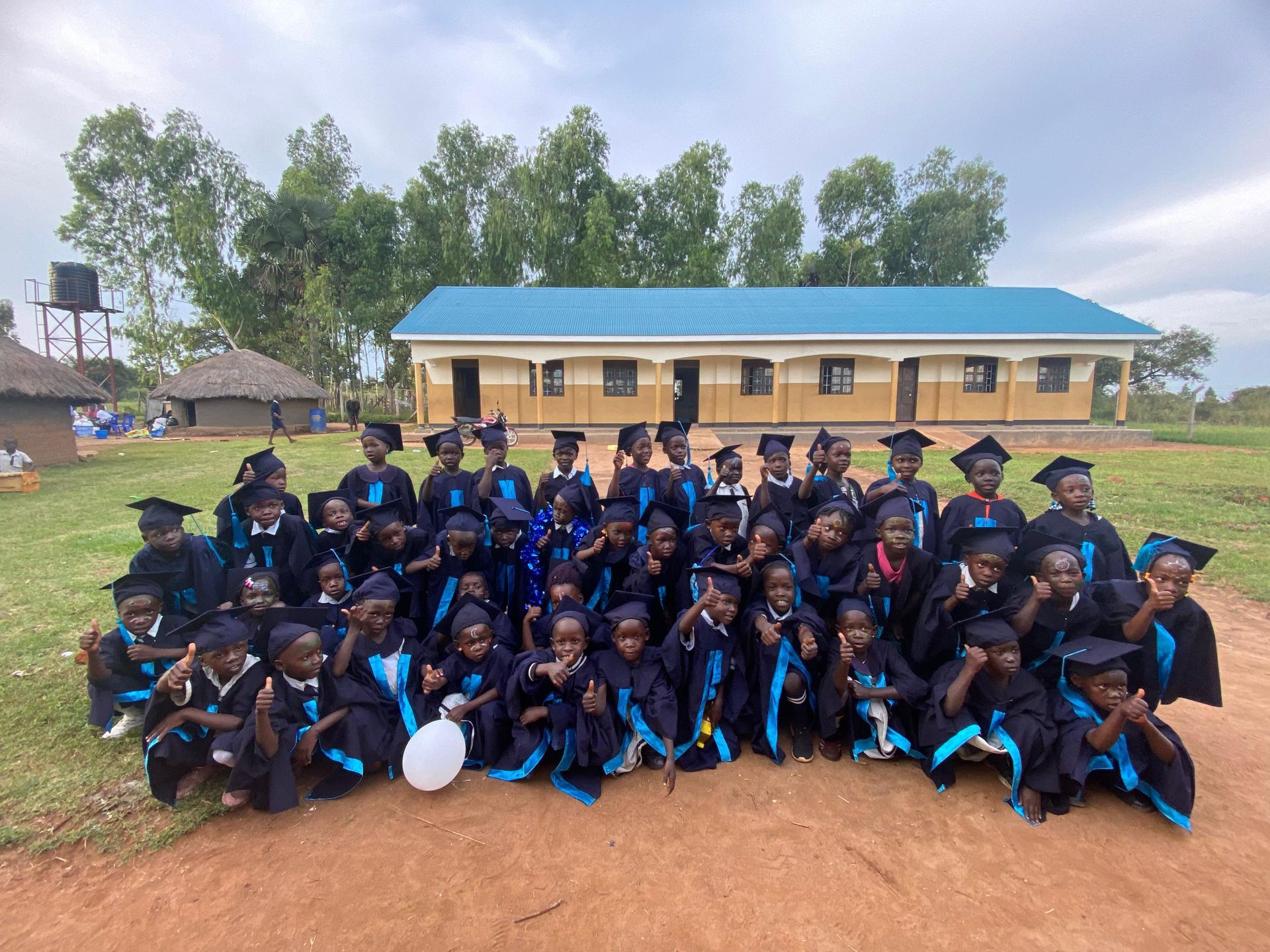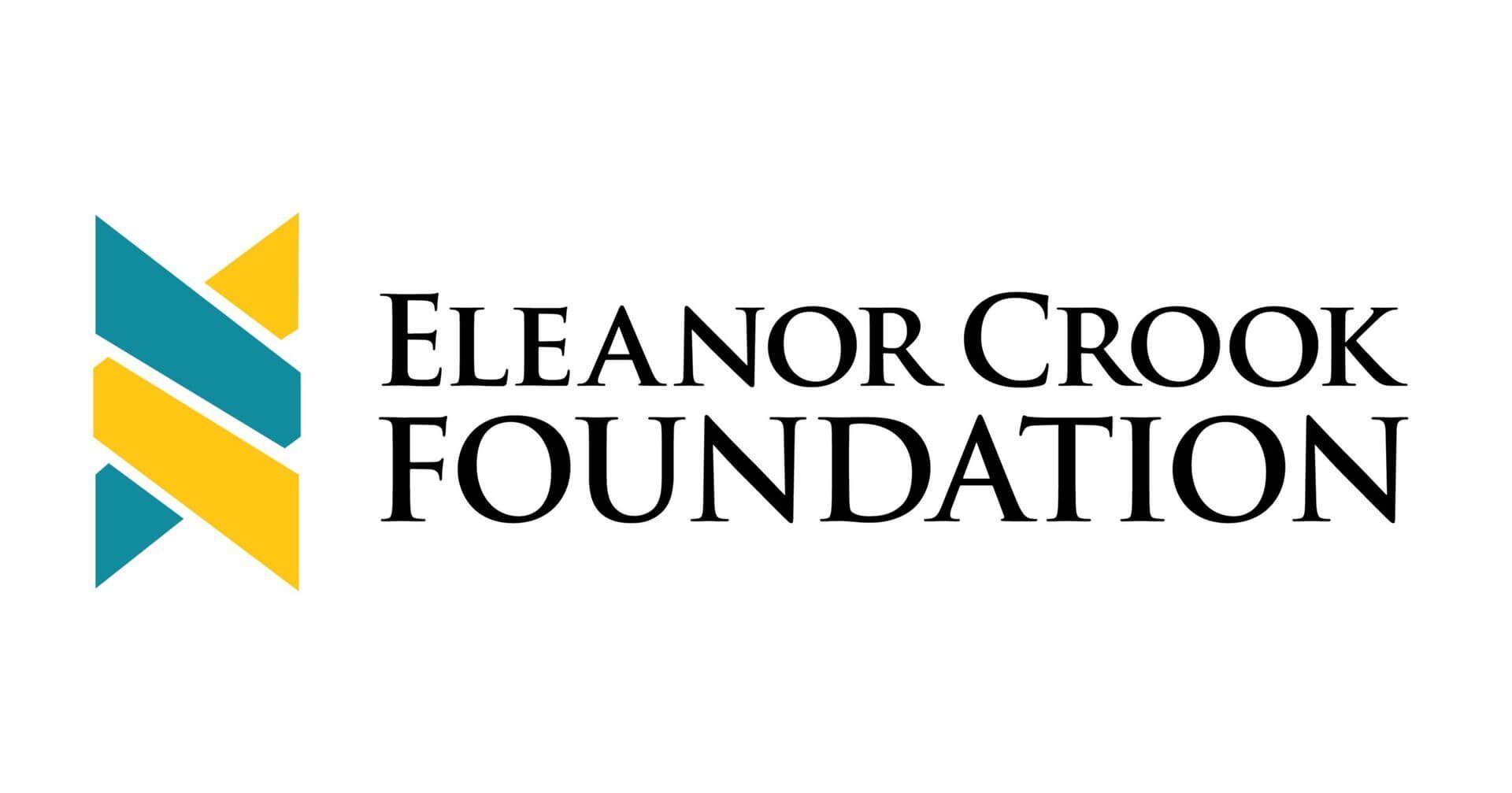Education in Africa plays a pivotal role in shaping the continent's future, offering a pathway to empowerment, opportunity, and social mobility. However, for orphaned children in Africa, accessing quality education can be a significant challenge due to various socio-economic factors. In this blog, we explore the importance of orphan education in Africa, focusing on Uganda as a case study. We delve into the impact of education on orphaned children's lives, the challenges they face, and the transformative potential of educational initiatives in breaking the cycle of poverty and empowering future generations.
How Important is Orphan Education in Uganda?
Orphan education in Uganda is of paramount importance, considering the country's high orphan population and the socio-economic disparities that exist. Orphaned children in Uganda often face multiple barriers to education, including poverty, lack of parental support, and stigma associated with orphanhood. Despite these challenges, education remains a critical tool for breaking the cycle of poverty and empowering orphaned children to reach their full potential. Here are several reasons why orphan education is essential in Uganda:
1. Breaking the Cycle of Poverty:
Education is a powerful tool for breaking the cycle of poverty and creating pathways to economic opportunity. By providing orphaned children with access to quality education, they can acquire the knowledge, skills, and qualifications needed to secure employment and improve their socio-economic status. Education equips orphaned children with the means to become self-reliant and contribute positively to their communities and the wider society.
2. Empowering Orphaned Children:
Empowering orphaned children through education is crucial for breaking the cycle of poverty and providing them with opportunities for a better life. Here's a detailed explanation of how education plays a vital role in empowering orphaned children:
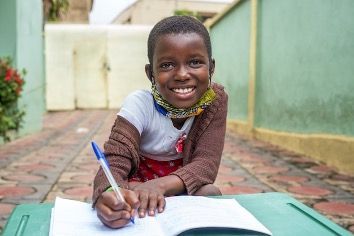
Building Confidence and Self-Esteem:
Education provides orphaned children with a sense of accomplishment and self-worth. By acquiring knowledge and skills, they gain confidence in their abilities and develop a positive self-image. This newfound confidence enables them to overcome challenges, navigate adversity, and face the future with resilience.
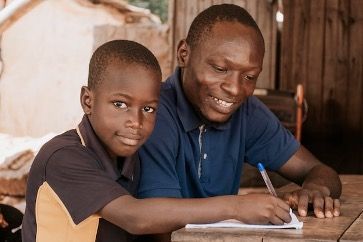
Fostering Independence and Self-Advocacy:
Fostering Independence and Self-Advocacy:Education equips orphaned children with the tools they need to become independent and self-reliant. Through formal schooling, they learn essential life skills such as critical thinking, problem-solving, and decision-making, which are essential for navigating the complexities of adulthood. Education also empowers them to advocate for their rights and interests, ensuring they have a voice in decisions affecting their lives.
Expanding Opportunities and Aspirations:
Education opens doors to a wide range of opportunities for orphaned children. By acquiring knowledge and qualifications, they gain access to higher education, vocational training, and employment opportunities that would otherwise be out of reach. Education expands their horizons and allows them to dream of a future filled with possibilities, whether it's pursuing a career, starting a business, or positively impacting their communities.
Breaking the Cycle of Poverty:
Education is a powerful tool for breaking the cycle of poverty that often traps orphaned children. Education offers a pathway out of poverty by providing them with the skills and knowledge they need to secure stable employment and improve their socio-economic status. Empowered with education, orphaned children can create a better future for themselves and their families, lifting themselves out of poverty and building a brighter tomorrow.
3. Fostering Social Inclusion:
Education plays a crucial role in fostering social inclusion and breaking down barriers of discrimination and prejudice. By attending school, orphaned children can interact with peers from diverse backgrounds, build friendships, and develop social skills. Education promotes tolerance, understanding, and acceptance, creating a more inclusive and cohesive society where every child, regardless of their background, has the chance to thrive.
4. Improving Health and Well-being:
Education directly impacts orphaned children's health and well-being, equipping them with knowledge about hygiene, nutrition, and disease prevention. By promoting health education in schools, orphaned children can adopt healthy behaviors and lifestyles, reducing the risk of illness and improving overall well-being. Education also provides access to essential services such as healthcare and sanitation, improving health outcomes for orphaned children and their communities.
5. Building Sustainable Communities:
Building sustainable communities through orphan education involves several interconnected aspects contributing to long-term development and growth. Here's a detailed explanation of how investing in orphan education can foster sustainable communities:
Civic Engagement and Community Participation:
Education empowers orphaned children to become active and engaged members of their communities. Through schooling, they learn about civic responsibilities, democratic values, and the importance of community involvement. Educated individuals are more likely to participate in community development projects, volunteer initiatives, and social welfare programs, contributing to the overall well-being of their communities.
Human Capital Development:
Orphan education is essential for developing human capital, a critical economic growth and prosperity driver. By investing in education, Uganda can equip orphaned children with the knowledge, skills, and competencies needed to thrive in the modern economy. Educated individuals are more productive, innovative, and adaptable, making them valuable assets to their communities and contributing to economic development.

Entrepreneurship and Innovation:
Education fosters creativity, critical thinking, and problem-solving skills essential for entrepreneurship and innovation. Uganda can nurture a culture of entrepreneurship and innovation by providing orphaned children with access to quality education, driving economic diversification and job creation. Educated individuals are likelier to start businesses, develop new technologies, and drive sustainable community development.
Social Cohesion and Inclusion:
Education promotes social cohesion and inclusion by breaking down barriers, fostering understanding, and promoting tolerance. Uganda can bridge social divides, reduce inequality, and promote social justice by providing orphaned children with access to education. Educated individuals are more likely to embrace diversity, respect human rights, and work towards building inclusive communities where everyone can thrive.
Orphan education in Africa, particularly in countries like Uganda, is critical for empowering future generations and building a brighter tomorrow. By prioritizing education for orphaned children and addressing the barriers they face, we can unlock their full potential and create a more inclusive, equitable, and prosperous society for all. Through initiatives like Amigos Internacionales' Missionpoint campaign, we can support orphan education efforts and make a lasting difference in the lives of vulnerable children, transforming their futures and their communities.
Why You Need To Donate To Amigos Internacionales?
Founded in 1967, Amigos Internacionales, Inc. has been dedicated to providing emergency services and disaster relief across the globe. Our Missionpoint campaign focuses on impactful initiatives in Africa, including orphan education, clean water projects, and community development. Your donation to Amigos Internacionales supports our efforts to empower vulnerable communities, transform lives, and create a more sustainable and resilient future for future generations. Join us in making a difference today.
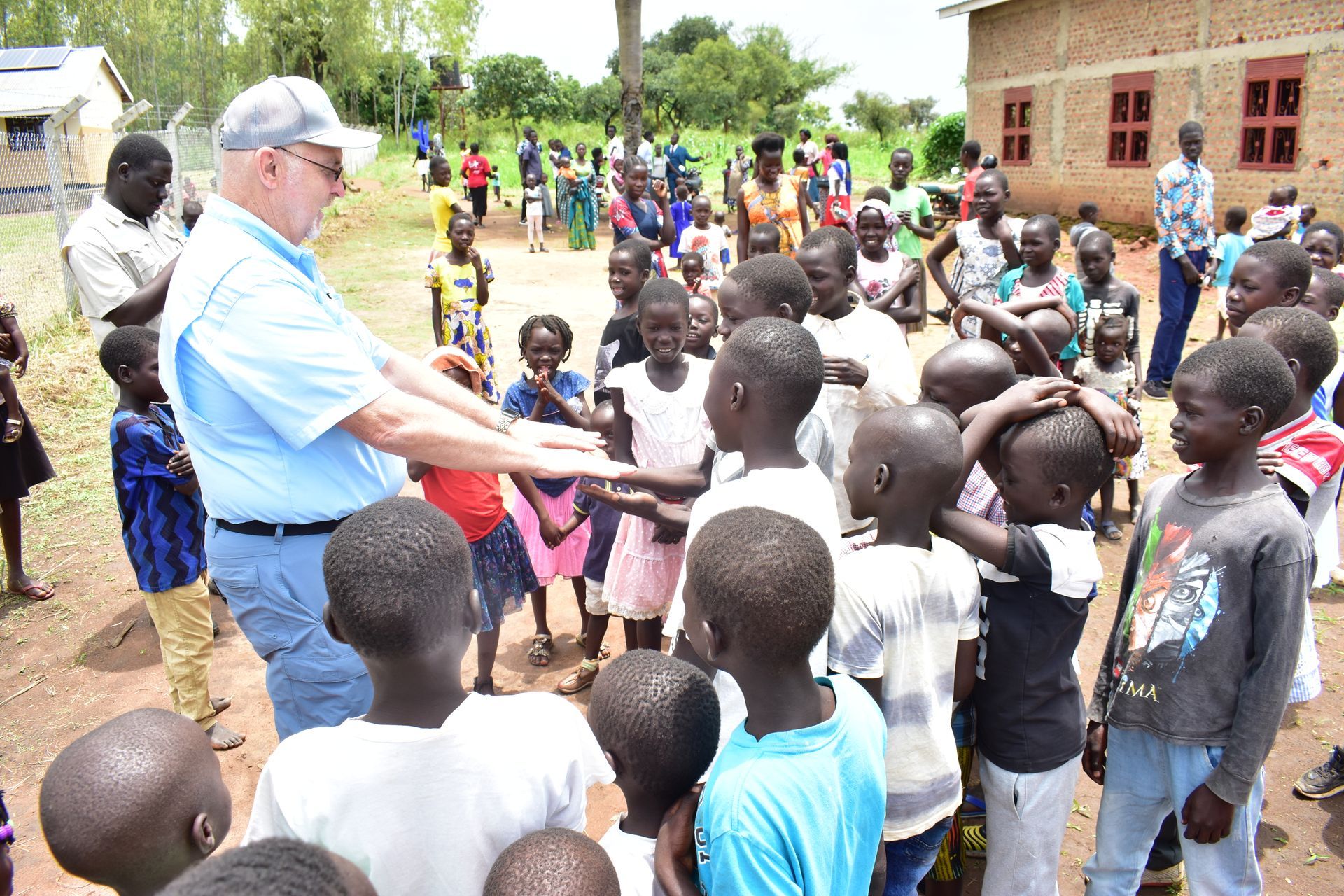
Categories
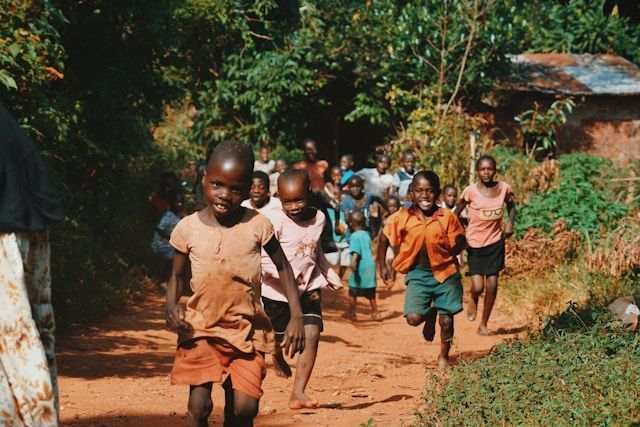
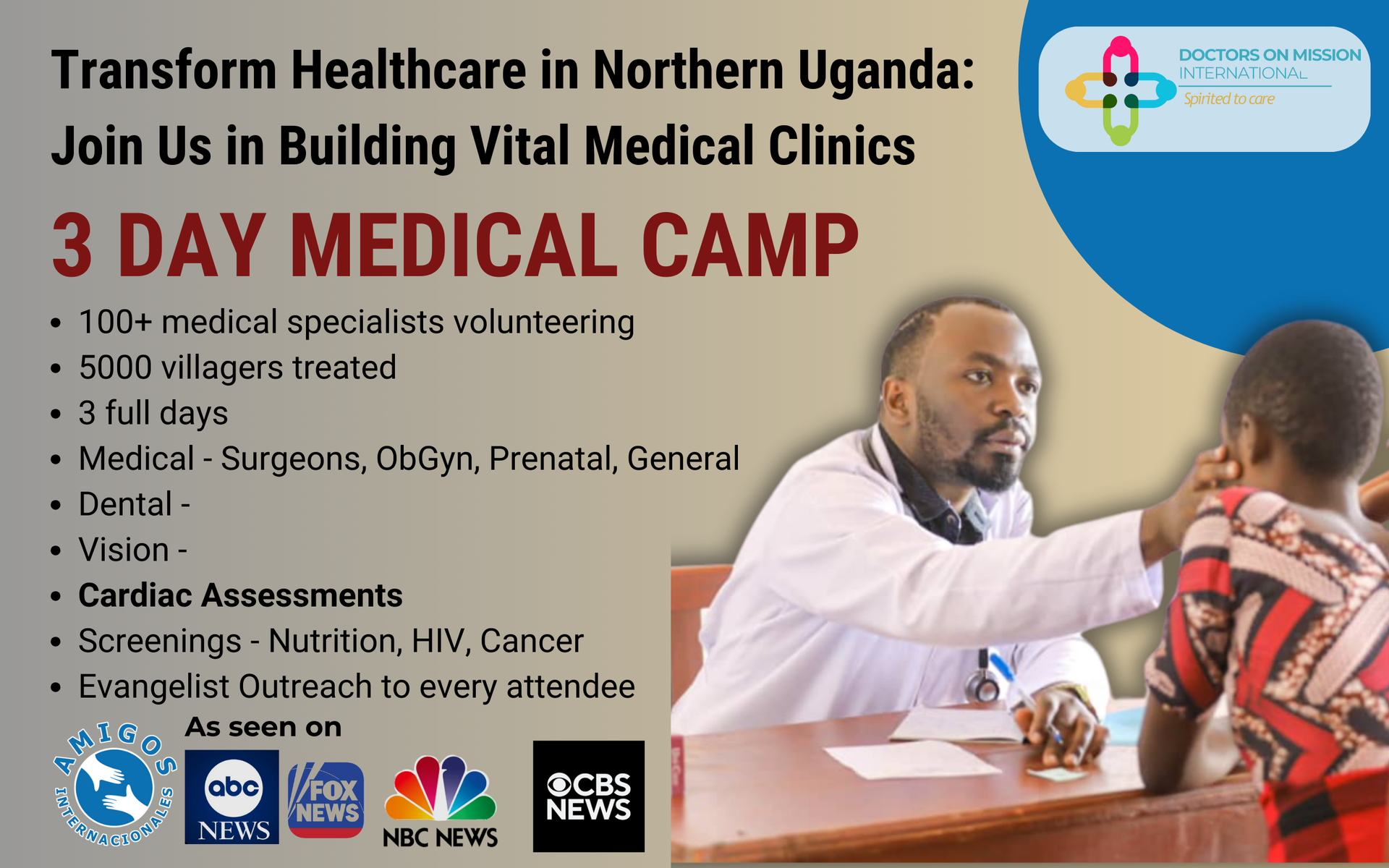
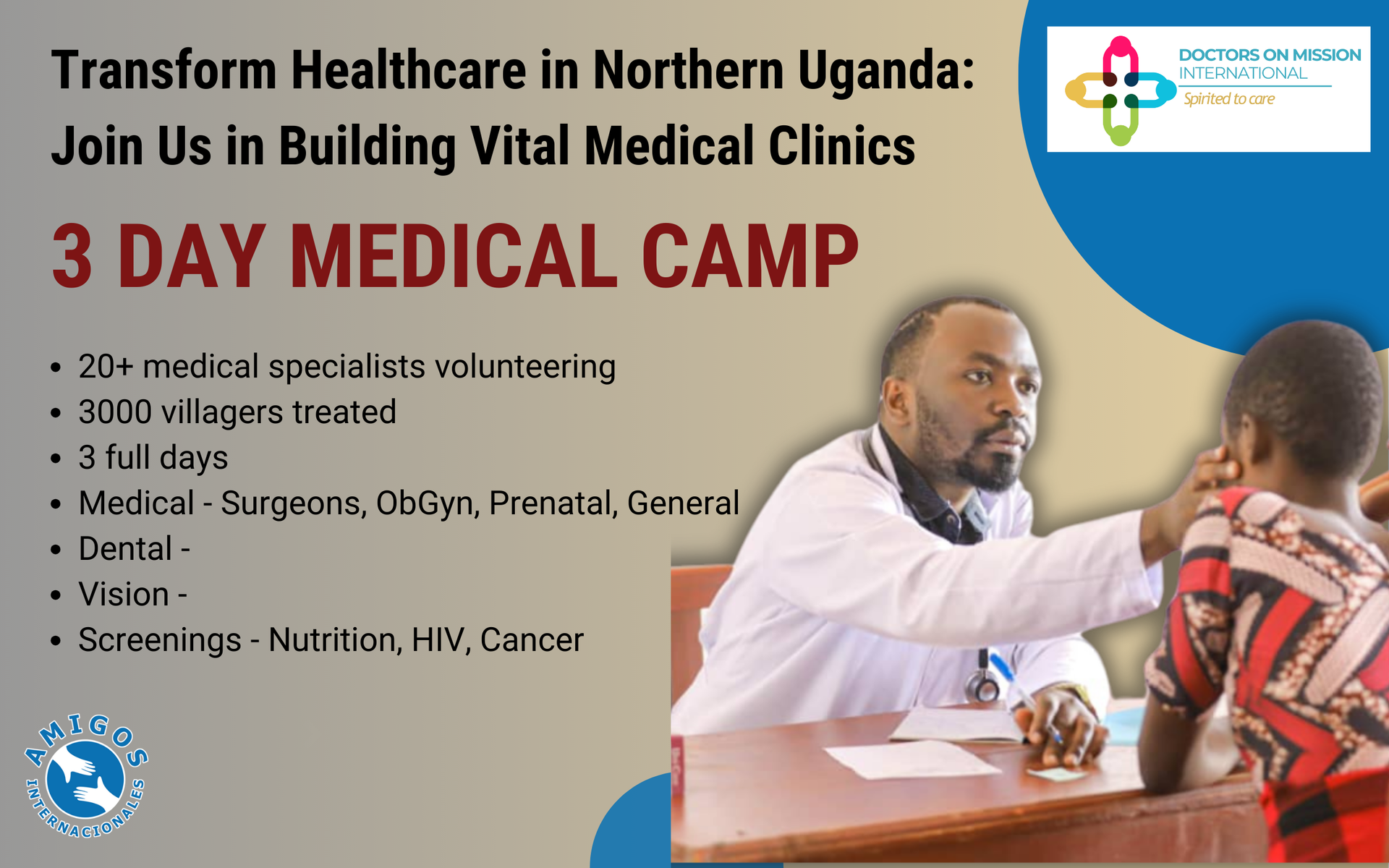
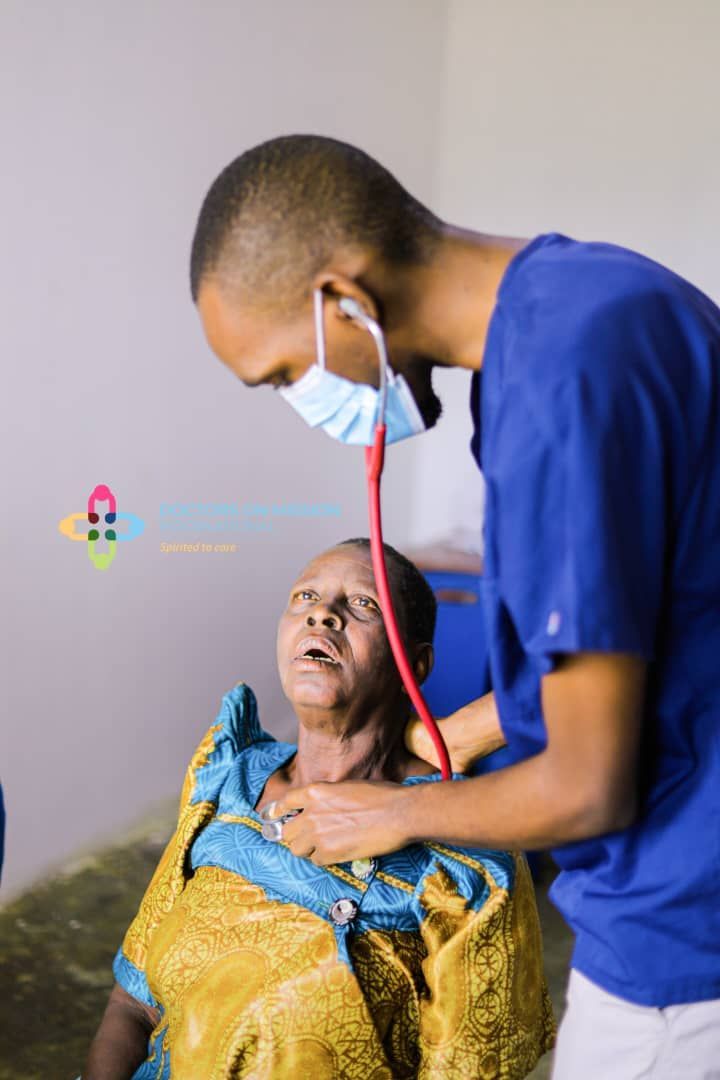
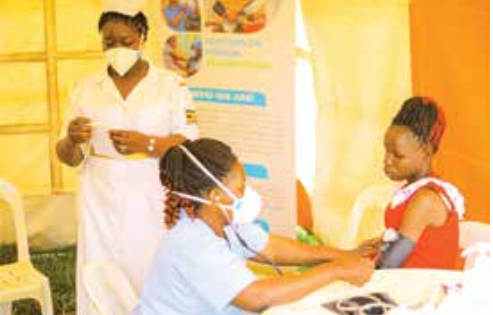
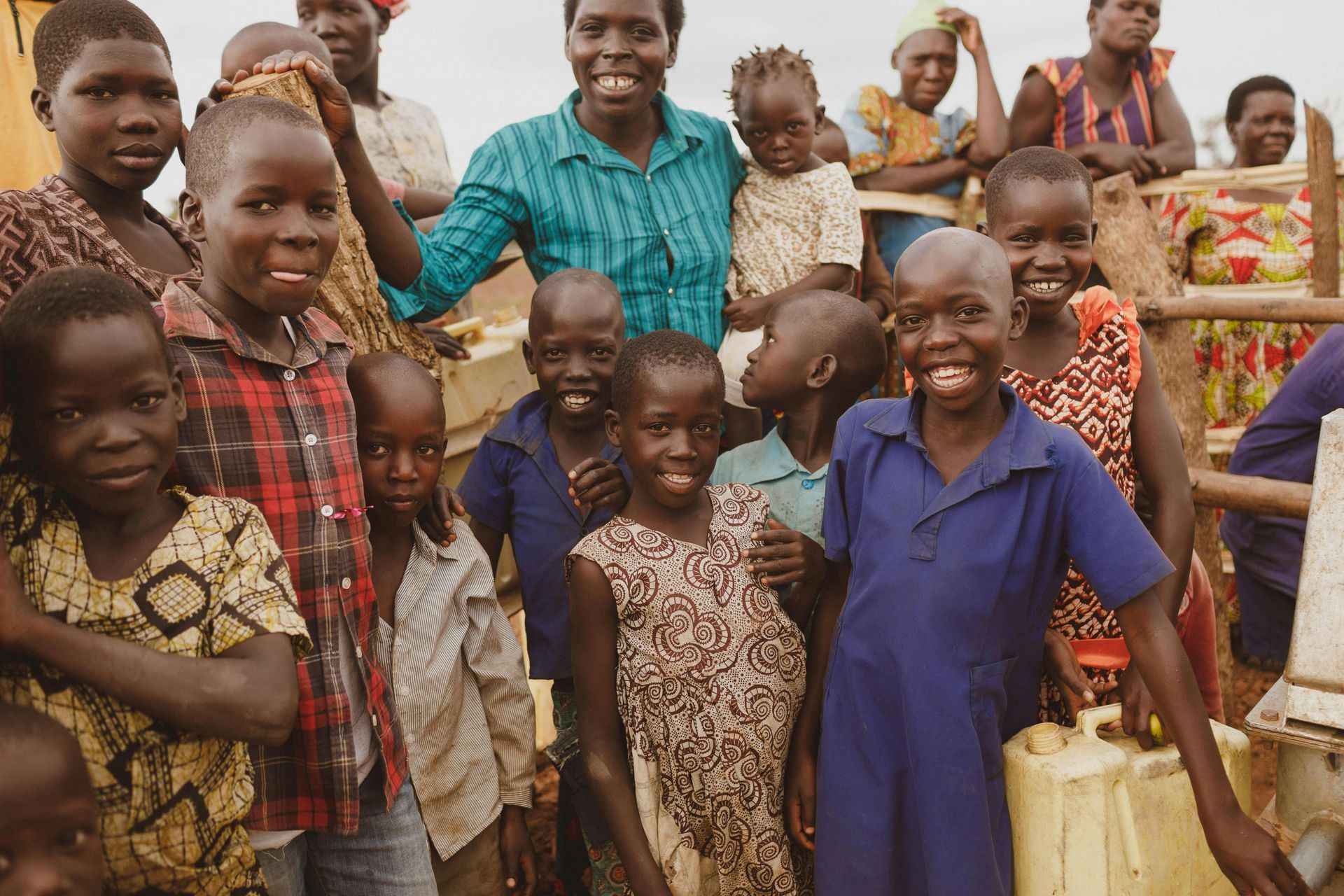

Social Media







